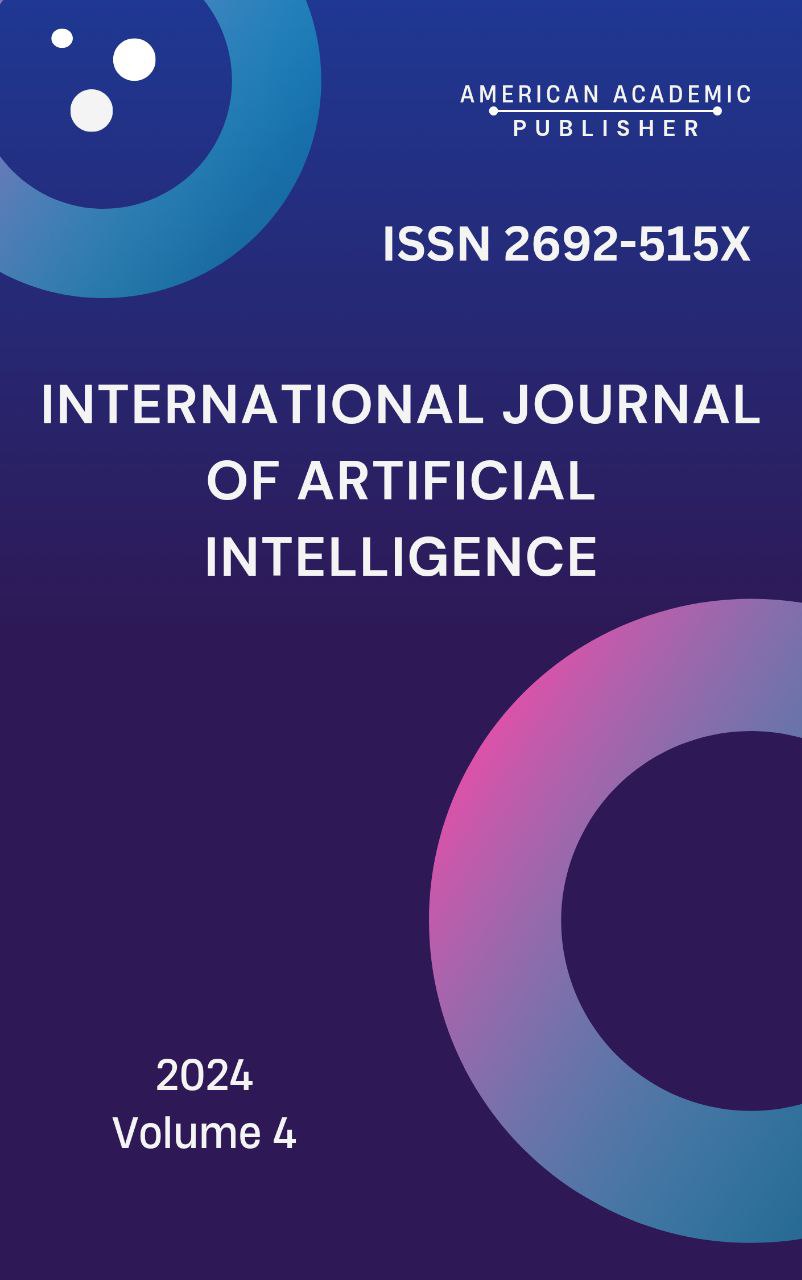 Articles
| Open Access |
Articles
| Open Access | INTERPRETATION OF LANGUAGE AND CULTURE IN CONTEMPORARY LINGUISTICS
Bayzayeva Sevinch Farhod qizi ,Abstract
This article explores the dynamic relationship between language and culture in contemporary linguistics, emphasizing how they influence and shape each other. Language serves as a repository of cultural identity, reflecting values, traditions, and worldviews, while culture shapes linguistic evolution through social practices and environmental factors. The article examines linguistic diversity, globalization’s impact, and the role of technology in fostering cultural exchanges and preserving endangered languages. It also highlights interdisciplinary approaches like sociolinguistics, cognitive linguistics, and ethnolinguistics in understanding this interplay. The discussion underscores the significance of language in cultural identity, multilingualism, and negotiating hybrid identities in globalized societies.
Keywords
Language, culture, contemporary linguistics, linguistic diversity, globalization, cultural identity, sociolinguistics, ethnolinguistics.
References
Crystal, D. (2003). Language and the Internet. Cambridge University Press.
Sapir, E. (1949). Selected Writings of Edward Sapir in Language, Culture and Personality. University of California Press.
Whorf, B. L. (1956). Language, Thought, and Reality: Selected Writings of Benjamin Lee Whorf. MIT Press.
Duranti, A. (1997). Linguistic Anthropology. Cambridge University Press.
Article Statistics
Downloads
Copyright License

This work is licensed under a Creative Commons Attribution 4.0 International License.

